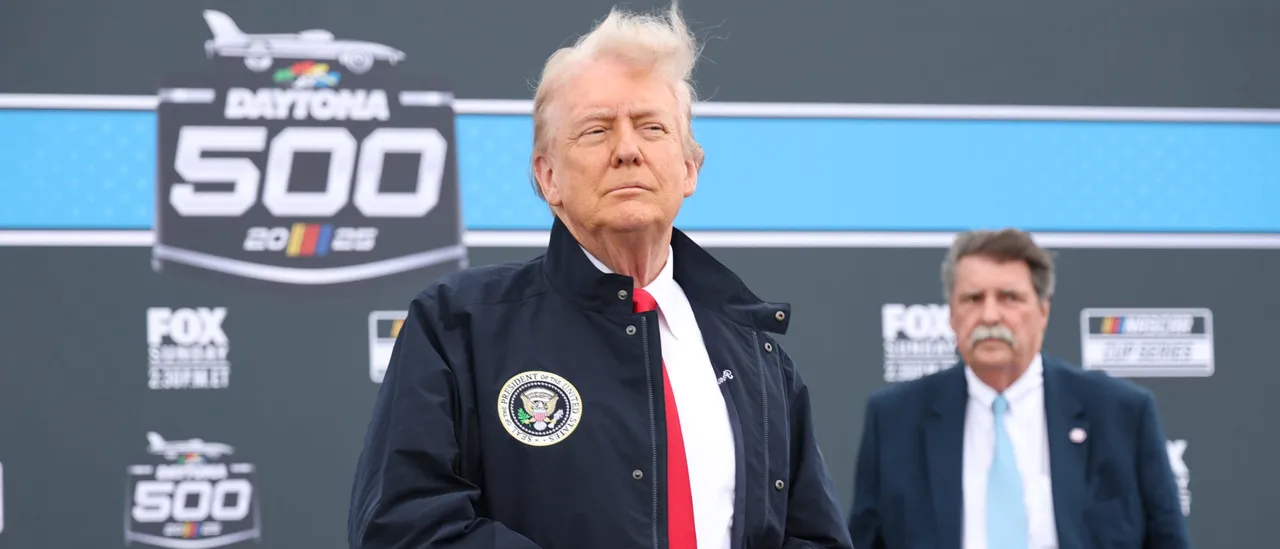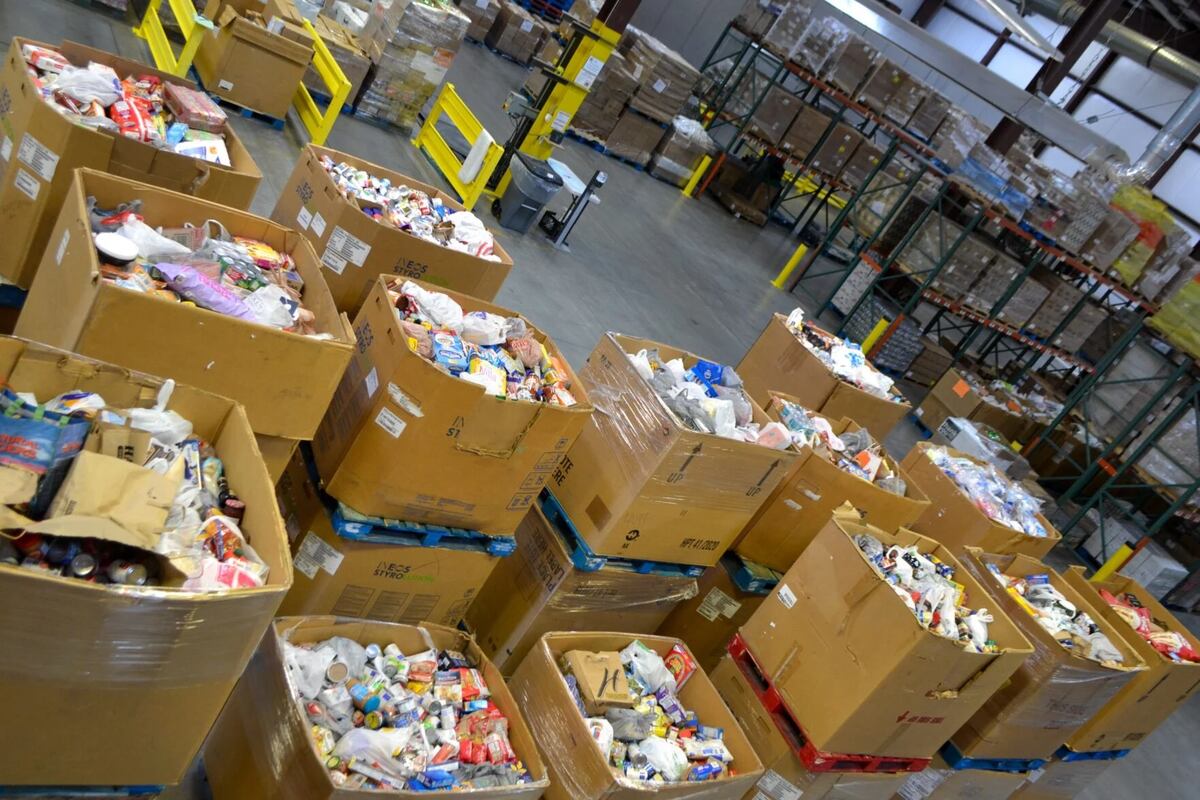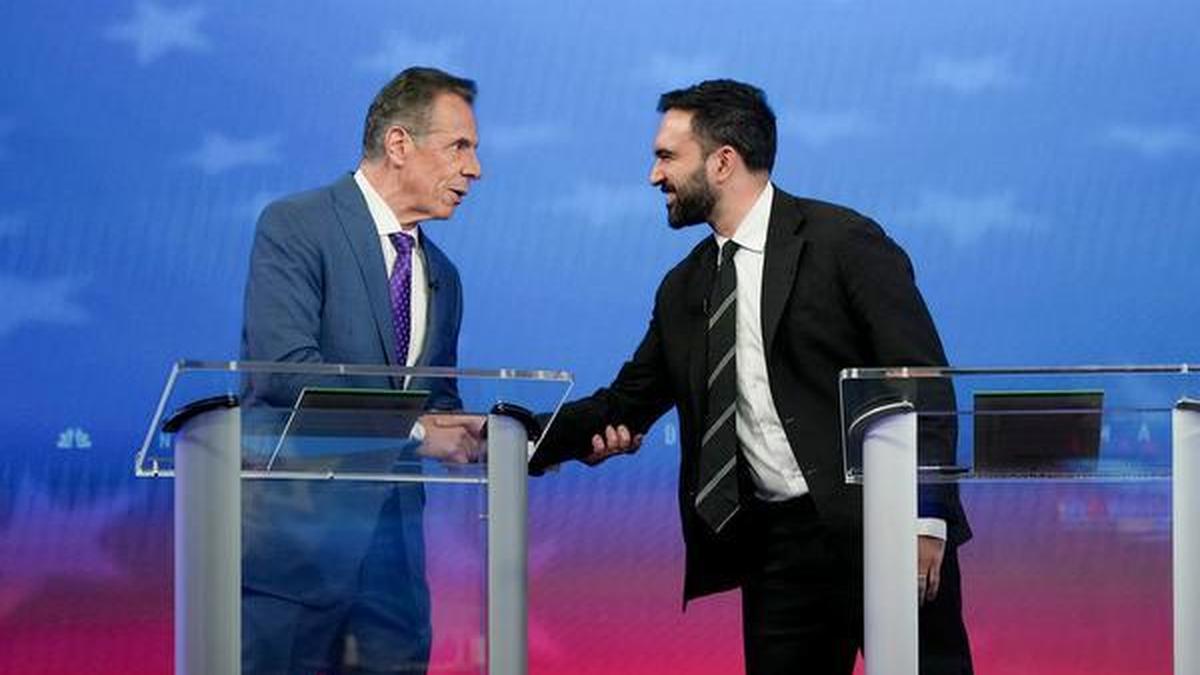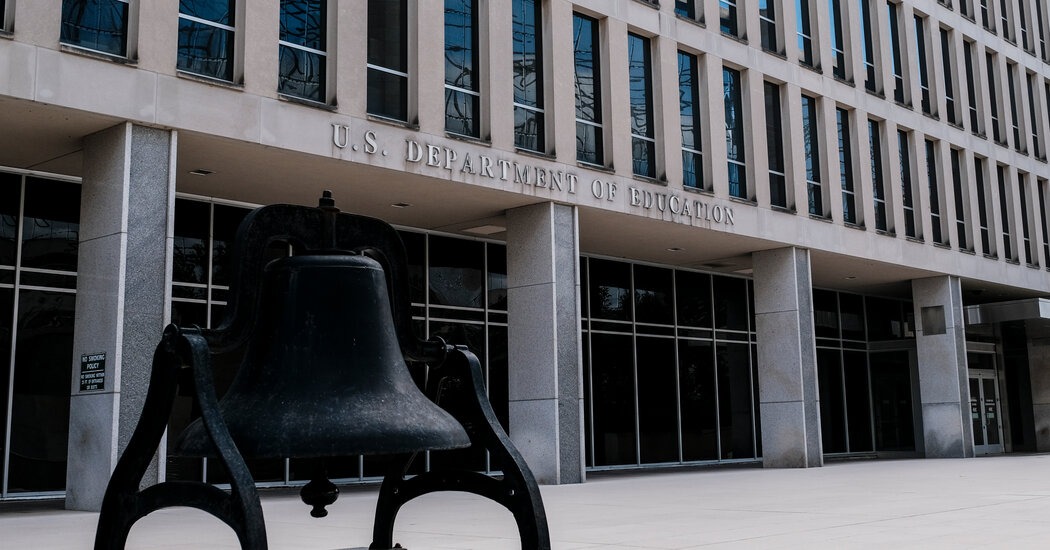Copyright Us Weekly
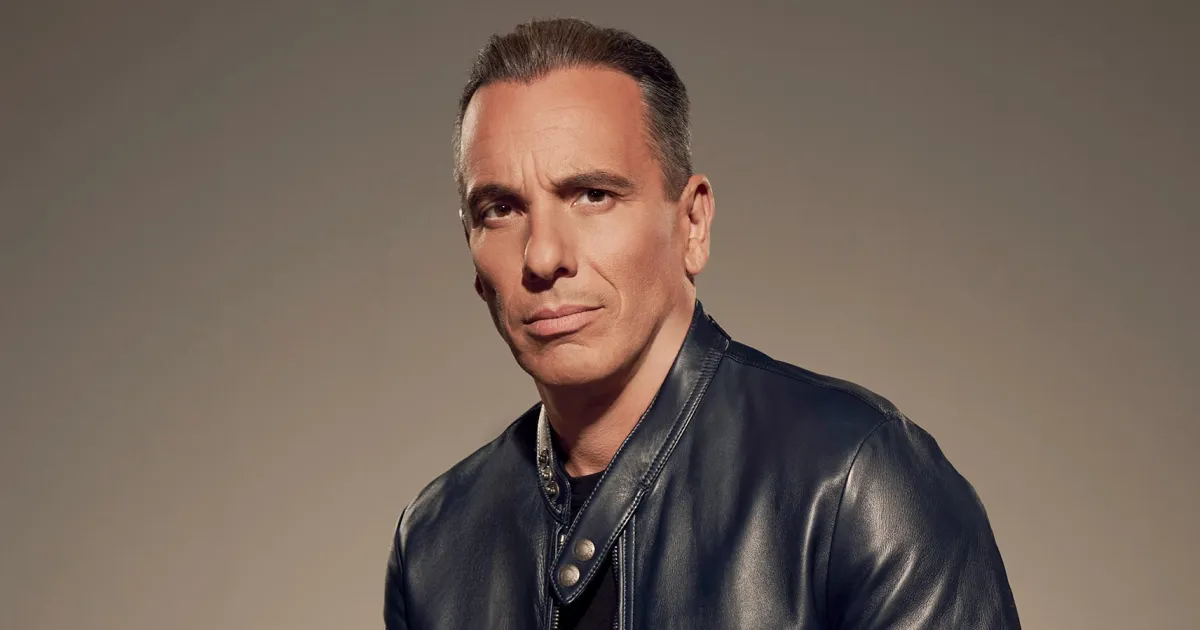
It was a full circle moment for Sebastian Maniscalco when he sat down at the Four Seasons hotel in Beverly Hills to talk to Us about his upcoming Hulu special, It Ain’t Right (airing November 21), in mid-October. The 52-year-old comedian was a waiter at the famed establishment between 1998 and 2005. “I would take off during my breaks to do comedy up the street at the Comedy Store, and then come back and pick up my table,” says Maniscalco, noting that he served a lot of celebrities during his seven years on the job. Two decades later, he’s the famous one getting the five-star treatment. “It’s nice to be on the other side,” he says with a laugh. The Chicago native owes much of his success to his relatable, everyman humor — most of his jokes center around his childhood growing up in the 1970s and ’80s with his Italian immigrant parents and his experiences as a dad to two young kids (he and his wife of 12 years, artist Lana Gomez, share daughter Serafina, 8, and son Caruso, 6). His long list of grievances, shared in his live shows and social media videos, includes grown men wearing flip-flops to restaurants, participation trophies and gentle parenting. “I like talking about things that people [deal with] on a day-to-day basis,” he explains, “and how I’m dealing with the parenting of today as opposed to how I grew up.” He’s made a conscious decision to leave politics and hot-button topics out of his stand-up, and it’s clearly working in his favor: In 2024, he made history by becoming the first comedian to sell out five consecutive shows at Madison Square Garden in NYC during his It Ain’t Right Tour. As of July, the tour had raked in $35.5 million, making him one of the top-selling comics of the year. (He’s also a crossover star with acting roles in the acclaimed films Green Book and The Irishman, the comedy About My Father, which he cowrote and starred in with Robert De Niro, and the HBO series Bookie.) Amid culture wars and a constant deluge of divisive content, Maniscalco’s comedy has universal appeal. It’s a throwback to simpler times. “You’ve got 18,000 people laughing at once, and they’re coming from all walks of life with different religious backgrounds and different political views. I’m sharing my experiences with a group of strangers and everybody’s on the same page and having a good time,” Maniscalco says. “At the end of the day,” he adds, “I just want to make people laugh.” The star tells Us more about his career, pet peeves and learning how to stop and smell the roses. Your comedy connects with all different kinds of people. Why do you think that is? I’ve stayed away from current events and politics because I’ve always thought whatever my father is doing is a hell of a lot funnier than what the president is doing. You’re getting hit over the head with bad news and politics. When people go out for a night of entertainment, they want to escape. I’d rather talk about my experiences than what’s happening with the current administration. It just doesn’t sound like fun. You’re obviously hugely successful. Did you envision this for yourself when you were starting out? I just wanted to do stand-up for a living. That was the goal. I never expected to be doing these big shows. I concentrated on being the best comedian I could possibly be, and everything after that was kind of gravy. Are you able to enjoy your success? I’m not Mr. Positivity. It’s very fashionable nowadays on Instagram [to be] like, “Oh, I get up and I do my affirmations and I have a vision board.” It’s not really my style. My fear is failing; when I succeed, I feel like it’s going to go away. It’s hard to sustain success. There’s an expectation, like, “You’re putting out a Hulu special, this better be equal to or better than the last one.” It’s a lot of pressure. Have you always felt that way? Yeah, it’s kind of who I am. I don’t live in the moment. I’m always thinking, “What’s next week? What’s two years from now? When am I going to die?” I’m 52 and I have a 6-year-old kid, so I do the math [and I’m thinking], “Where am I going to be when this kid gets married? A wheelchair, right?” Within the last year or two, I’ve learned to slow down and smell the roses. I get that from my wife. She’s the more positive one. Do you remember ever having an “I made it” moment? Doing a movie [with] Robert De Niro as my father and having my father on set teaching him how to do blowouts and dye jobs was pretty surreal. My father is a hairstylist, and De Niro wanted to know how to do those things, so he called my dad, and here I am on set with my dad watching him teach De Niro how to be a hairdresser. You also worked with Al Pacino, another legend, on The Irishman. Did you joke around with them on set? I was very nervous being around these guys. It’s not like we got together and were, like, dying laughing in between takes. I was like, “Alright, I have to remember my lines.” How does acting compare to doing stand-up? For me, nothing is going to equate to doing stand-up comedy. The in-the-moment reactions and the validation that what you’re saying is funny, you can’t replicate that. [More acting] is definitely in my future, I just don’t know what the next project might be. Do you have a dream role? I like drama. I [recently] did a podcast called “Easy Money: The Charles Ponzi Story,” where I played him and [they’re] trying to make that a movie. Drama is a departure from comedy, and it’s a challenge for me. You also did two seasons of a culinary show, Well Done with Sebastian Maniscalco, on Food Network. Have you always loved to cook? I became passionate about it around the time I met my wife. I like cooking because it’s similar to comedy in that you’re doing it alone. If it sucks, it’s your fault. If it’s great, it’s your fault. Same thing with stand-up. It’s very therapeutic for me to go into the kitchen and get lost in the sauce. I do a beautiful French toast. The next thing I want to master is pizza. Would you say you were born funny, or is it something you learned over time? This is an innate ability. I don’t think you can learn to be funny. I was funny around my family and my friends, and I was funny when I had to give a book report in front of the class. I was an extremely shy kid. Are you still shy? People think comedians are going to be the center of attention [or they think], “Oh, you must be great at parties.” I’m really not. I’m itching to get out because I don’t want to do the chitchat. I was at a kids’ museum over the weekend, and I find myself uncomfortable talking with the parents there because I’m just not a chitchat guy. On my podcast [“The Pete and Sebastian Show”] with Pete Correale the other day, I was like, “Am I boring? Do I have anything to say?” Are people looking at me, going, “This guy’s a comedian, but he’s a drip!” How did your upbringing shape your comedic voice? Living in Chicago around the friends I grew up with, [I was] getting ripped to shreds constantly. There’s a lot of sarcasm in Chicago, and we love to make fun of one another. If my buddies were here and saw what I was wearing today, they’d be making fun of this [furry] collar the whole day. Like, “What is that, sheep?” We’re not being malicious. I often say I’m not judgmental, I exercise judgment. You poke fun at Amazon founder Jeff Bezos in It Ain’t Right. Were you nervous to call out someone so powerful? I was making light of how, when he first came out on the scene, Bezos was not what he is today. I complimented him on being ripped and muscular on his yacht. If I’m going to take a shot at somebody, I will often give a compliment. We’ll see if my Amazon’s canceled [when the show airs]. Have you ever heard from someone famous you’ve joked about? I did a bit about [Italian opera singer] Andrea Bocelli after I went to see him in Tuscany. He’s blind, and this guy left his show on a black stallion. His wife got wind [of the joke], and they said, “Would you like to come to see a show at Madison Square Garden?” So I got to meet him. I wasn’t even making fun of him. I think the joke was, “Could you imagine me leaving MSG on a horse down Fifth Avenue? I’d get arrested.” Is anyone off-limits? I leave political figures alone. If you start going down that route, you’re alienating half of the crowd. I don’t really talk about religion either unless it’s something that happened to me growing up Catholic. Do you ever worry about being canceled? I don’t think it’s as prevalent as it once was. I think we’ve turned the corner with this canceled thing. [Look at the] Netflix roast with Tom Brady, no one got canceled [from] that. It was harsh, but it was funny. Do you think it’s hard for young comics to launch their careers these days? The landscape of entertainment is changing. I don’t think a lot of these people coming up are actually putting in the amount of time on stage that previous generations did because a lot of time now is devoted to social media and being, like, a funny personality on Instagram or TikTok. Not to say [these] comedians are unmotivated. It’s shifting to more of a digital atmosphere. Do you regret making any past jokes? I don’t. Listen, you’re going to offend people. You can’t control it. I do a joke about my father putting antifreeze on bologna and killing raccoons in the garden. Then people labeled [him] as some guy who’s killing animals. [He] never did that; I actually heard the story from somebody else. I find it strange people take this stuff so seriously. How much of your stand-up is actually true to your own life? About 85 percent of it is stories that have happened in my life, but there are stories that I’ve heard [and] taken bits and pieces [from]. Or I’ve over-exaggerated things that might not have happened, but are rooted in truth. How do you get fresh material? You have to live an everyday life to extract humor. That’s why I’m an active parent. I drop my kids off at school. I go to the soccer games. I’m taking my kid to gymnastics. You find a lot of humor in these things. As you get more famous, does it get harder to be as relatable? You have to be cautious about talking about some of the “fancy” things you do. I went to the Oscars [in 2019], but my Oscars story is not one of fame and fortune. It’s me sitting up in the third balcony while everybody from Green Book is accepting the Oscar. [When I was announced on the red carpet], it was a piss break for the photographers. They were cleaning their lenses. Ryan Seacrest was [there with his] camera guy and lights on a pedestal, and they take me all the way down to the guy who’s a one-man shop with his iPhone and is from the Ecuador Times. Do your kids know you’re a celebrity? They’re beginning to realize Daddy’s in the public eye. They’re growing up in a different life than I did; I grew up working-middle-class. There was struggle. We went to McDonald’s, and I was aware my father might not be able to swing it. I tell my kids this is not normal, and I give them chores. I’m so conscious of keeping them grounded. I know where this could go. I’ve seen families where the kid is 30 and living in the basement playing video games. I want my kids to be happy, and I want them to pay their own bills. Your wife is also an artist. Do you have a very creative household? My wife is with our kids doing all these art projects. I’m not that guy. I give the life lessons. I taught my daughter what a mortgage was on the way to gymnastics. I don’t know if I’m teaching this s**t way too early. Is it challenging to balance your career with fatherhood? I struggle with this because I like to be an active parent; I want to be around my kids. My son looked at me the other day and said, “Daddy, I want you to coach soccer.” It just killed me, but I can’t because I’m on tour. Although if I was the coach, I’d [do it] with a whole different attitude that might get me in trouble nowadays. How do you relax? I’ve taken up transcendental meditation on the recommendation of Jerry Seinfeld. The window of tolerance is very small, and with the meditation, it opens it up so you can accept a lot more stress and not get so affected by it. Do you check with family members before using them in your sets? Internally, I know what’s fair game and what’s not. My wife has told me on a couple separate occasions, “Hey, don’t use this on stage.” For one special, I asked my mother-in-law, “Do you mind if I say this?” She goes, “No, it’s funny. You say it.” They’re very good with allowing me creative freedom [and] it’s not like I’m some loose cannon. What about your dad? He wants more of it. And my mom’s offended she’s not talked about as much as my father!
